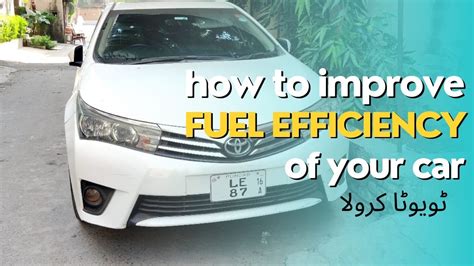The question of whether premium fuel offers benefits for older cars, particularly in terms of fuel economy (MPG), is a common one that often sparks debate among car enthusiasts and everyday drivers alike. Many believe that giving an older engine higher-octane fuel can clean it, improve performance, or somehow make it run more efficiently. But is there any truth to this widely held belief?
Understanding Octane Ratings and Engine Design
To answer this question, it’s crucial to understand what octane ratings signify. Octane is a measure of a fuel’s resistance to “knock” or “pre-ignition” – a phenomenon where the fuel-air mixture ignites prematurely under compression before the spark plug fires. This uncontrolled combustion can cause an audible knocking sound and can be damaging to an engine over time.
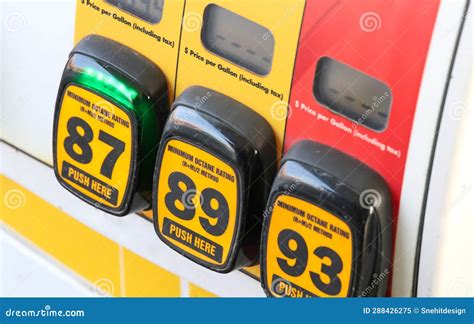
Engines are designed by manufacturers to operate optimally with a specific octane level. This design choice is primarily dictated by the engine’s compression ratio and timing. High-compression engines, often found in performance or luxury vehicles, generate more heat and pressure, making them more susceptible to knock. These engines require higher-octane fuel to prevent pre-ignition and allow them to run at their designed efficiency and power levels.
Older Cars: Designed for Regular Unleaded
The vast majority of older vehicles were designed for and recommend regular unleaded gasoline (typically 87 octane). Their engines have lower compression ratios and ignition timing that is not optimized for, nor can it take advantage of, higher octane fuel. Unlike modern cars with advanced engine control units (ECUs) and knock sensors that can adjust timing to extract more power and efficiency from higher octane fuels, older cars generally lack this sophistication.
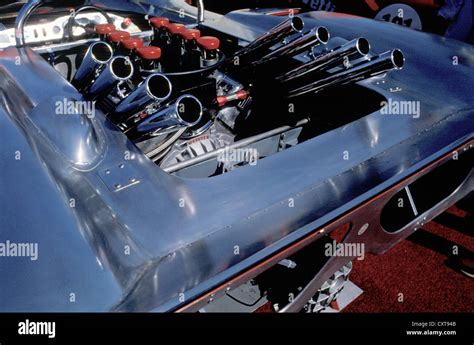
When you put premium fuel into an engine designed for regular, the engine simply doesn’t know how to use the extra knock resistance. It will combust the fuel in the same manner as it would regular gasoline, without any change in timing or fuel delivery. This means there’s no efficiency gain, no power boost, and certainly no improvement in MPG.
The Myth of “Cleaning” and MPG Boost
Some drivers mistakenly believe that premium fuel contains more detergents or “cleaners” that can benefit an older, perhaps dirtier, engine. While all gasoline sold in the U.S. contains detergents to prevent carbon buildup (mandated by EPA regulations, known as TOP TIER™ standards), there’s no evidence that premium fuel inherently contains more or better cleaning agents than regular fuel from the same brand, unless specifically advertised. Even if it did, these detergents primarily work on fuel injectors and intake valves, not necessarily improving MPG simply by existing in higher-octane fuel.
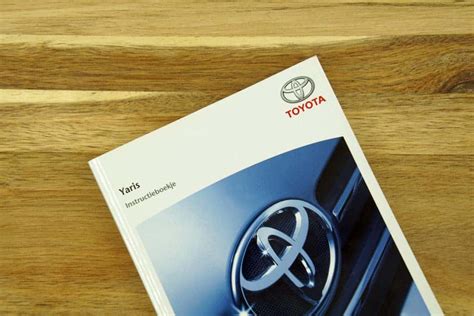
The perceived improvement in performance or MPG by some drivers is often a placebo effect. The expectation of a benefit can lead to a subjective feeling of the car running better, even when objective measurements show no change. In reality, for a car that doesn’t require premium fuel, using it is simply throwing money away.
When Premium Fuel IS Necessary
It’s important to differentiate. If your older car’s owner’s manual explicitly states that premium fuel is “required” or “recommended” – typically for specific high-performance or luxury models – then you should use it. In these cases, the engine is designed to take advantage of the higher octane, and using lower octane fuel could lead to engine knock, reduced performance, and potential long-term damage, particularly if the engine lacks effective knock sensors or adaptive timing.
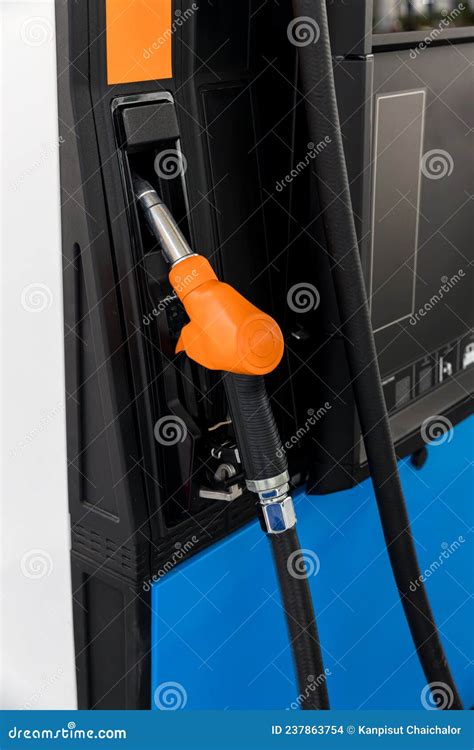
Conclusion: Stick to the Manufacturer’s Recommendation
For the vast majority of older cars designed to run on regular unleaded gasoline, using premium fuel offers no tangible benefits in terms of MPG, performance, or engine longevity. You won’t get better fuel economy, nor will you clean your engine more effectively by opting for the more expensive pump. The best practice is always to consult your vehicle’s owner’s manual and use the octane level recommended by the manufacturer. Deviating from this recommendation, especially by going higher when not required, is an unnecessary expense that won’t yield the desired boost in MPG.

